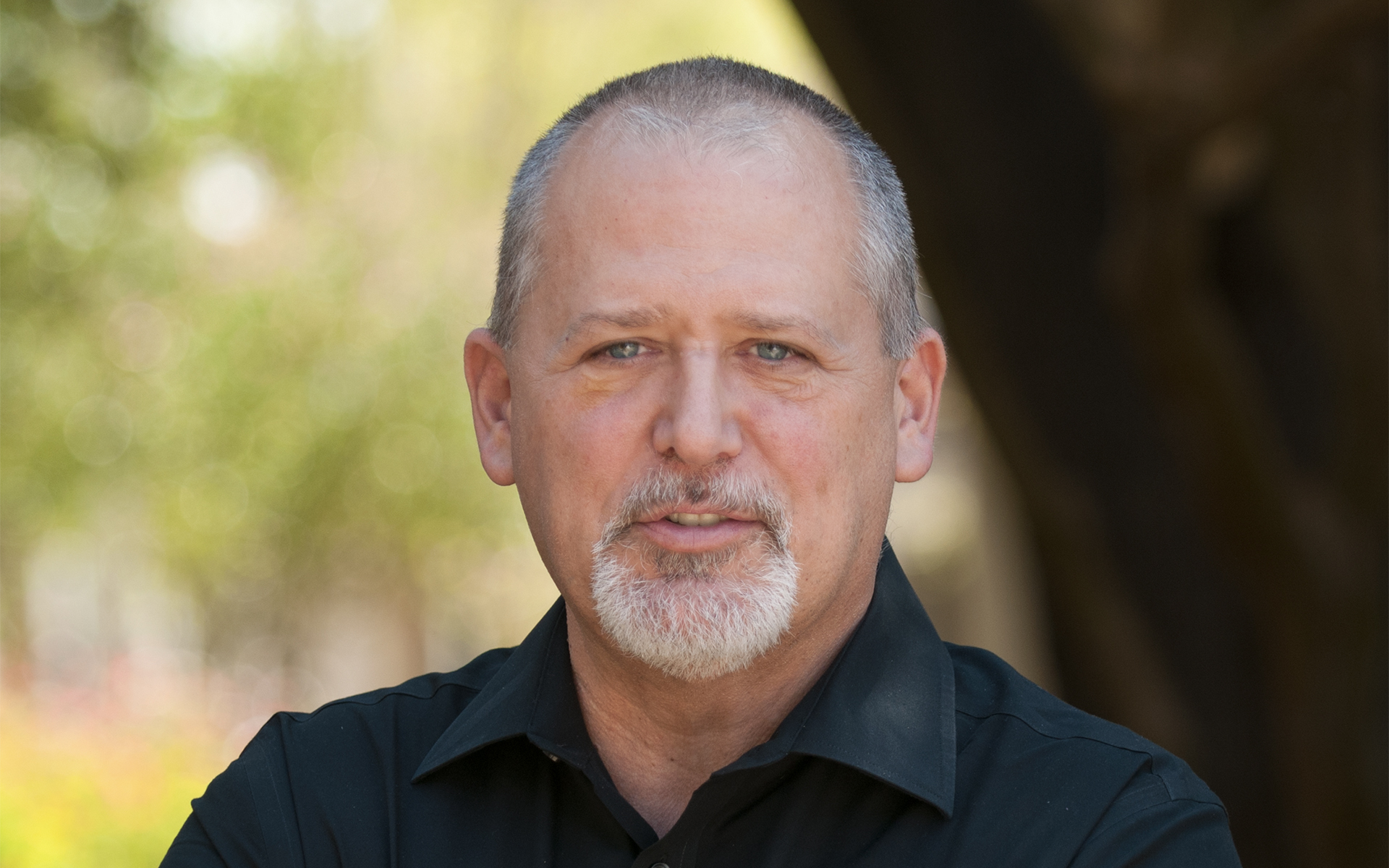American Apocalypse: A History of Modern Evangelicalism
Sutton is Edward R. Meyer Distinguished Professor of History at Washington State University, where he teaches courses in twentieth-century American religious history. In this book, he tells a riveting story of the development and evolution of American evangelicalism in the 1900s, as these Christians wrestled with their place in the culture.
Sutton explains his project this way: “This book draws on a lively cast of characters and extensive archival research to document the ways an initially obscure group of charismatic preachers and their followers have reshaped American religion at home and abroad. Perceiving the United States as besieged by satanic forces—communism and secularism, family breakdown and government encroachment—Billy Sunday, Charles Fuller, Billy Graham, and many others took to the pulpit and airwaves to explain how biblical end-times prophecy made sense of a world ravaged by global wars, genocide, and the threat of nuclear extinction” (pp. ix–x). He continues, “Rather than withdraw from their communities to wait for Armageddon, they used what little time was left to warn of the coming Antichrist, save souls, and prepare the United States for God’s final judgment. Their work helped define the major issues and controversies of the twentieth century, and they continue to exert a tremendous influence over the American mainstream today” (p. x).
Of particular interest to readers of American evangelical history, Sutton includes the influence of Pentecostalism on the story, showing the history and impact of the “pentecostal-fundamentalist alliance” in this century (ibid.). Perhaps not surprisingly, “the majority of this book necessarily focuses on elite white fundamentalists and evangelicals, the men and a small number of women who directed the movement, policed its borders, and crafted its public image” (p. xi). Yet minority voices are heard, and some of their stories are told as the narrative unfolds.
Sutton tells the story chronologically, beginning with William E. Blackstone and Jesus is Coming, through the tumult of the two world wars, to an epilogue that summarizes the significant impact evangelicals have had in American culture. And Billy Graham gets the last word, as he calls humans to repent and return to God.
Sutton is an expert historian, a skilled story-teller, a perceptive interpreter, and a prescient sage. His narrative is engaging and the narrative he tells has significant parallels to American evangelicalism today, particularly on the conservative side of the continuum. Replace the names “Franklin Delano Roosevelt” or “Woodrow Wilson” with “Barack Obama” and the rhetoric is similar. Replace “communism” with “militant Islam” and the expression of fear remains the same.
Sutton’s evangelicals saw signs of the times—as evidence of the end of the age—in international conflict, economic collapse, Wilson’s League of Nations, FDR’s New Deal, Mussolini and Hitler, the Holocaust, Roman Catholicism, and Darwinism, among others. In short, they believed that their newspapers were providing compelling evidence that the end was near. What might surprise some readers is the prevalence of the belief in the rapture of the church and the widespread support for Israel. Critics of Sutton’s narrative might fault him for his focus on premillennialists (for example, see Nathan Finn “Evangelical History after George Marsden: A Review Essay,” Themelios 40 [2015]: 72). Even so, that many of these fundamentalist influencers were premillennial is beyond dispute. Sutton is not telling the story of all evangelicals in the century; his focus is on the effect this group of popular and popularizing preachers had on the movement and the culture.
This work is highly recommended for scholars and students of American evangelical history, pastors of evangelical churches, staff members of evangelical parachurch ministries, and anyone interested in the relationship between theology, practice, and culture. Sutton’s work demonstrates convincingly that American evangelicalism is rooted in a distinctly American culture and has had a love/hate relationship with that culture. When evangelicals see themselves as the majority, as cultural influencers, they tend to have an optimistic view of themselves and the world. But when they see themselves as the minority and see the culture moving in a different direction, they tend toward pessimism and defeatism, and view divine judgment as imminent. Perhaps the lesson of this history is that both extremes are counterproductive. Instead, evangelicals can recognize the fallenness of the world and its antagonism toward the Savior and still have confidence in the transformative power of the gospel of God’s grace to change individuals, families, cities, and nations. Our hope is found in the promise that God is in control of his world and that one day the Son of God will return to this world and make it his home. In the meantime, the Savior’s words describe the mission of his disciples: “As you sent me into the world, I also have sent them into the world” (John 17:18, NIV).
About the Contributors

Glenn R. Kreider
Prior to teaching at DTS, Dr. Kreider served as Director of Christian Education and then as pastor in Cedar Hill, TX. His research and writing interests include theological method, theology and popular culture, and our eschatological hope. Dr. Kreider believes that grace really is amazing; it is a thought that will change the world. He is married to his best friend, Janice, and they have two grown children and one granddaughter. He and Janice enjoy live music, good stories, bold coffee, and spending time together and with their three dogs—two rescues, Chloe (a terrier/greyhound mix) and Carlile (a black lab), and one gifted, Faithful (a Bernedoodle therapy dog).
